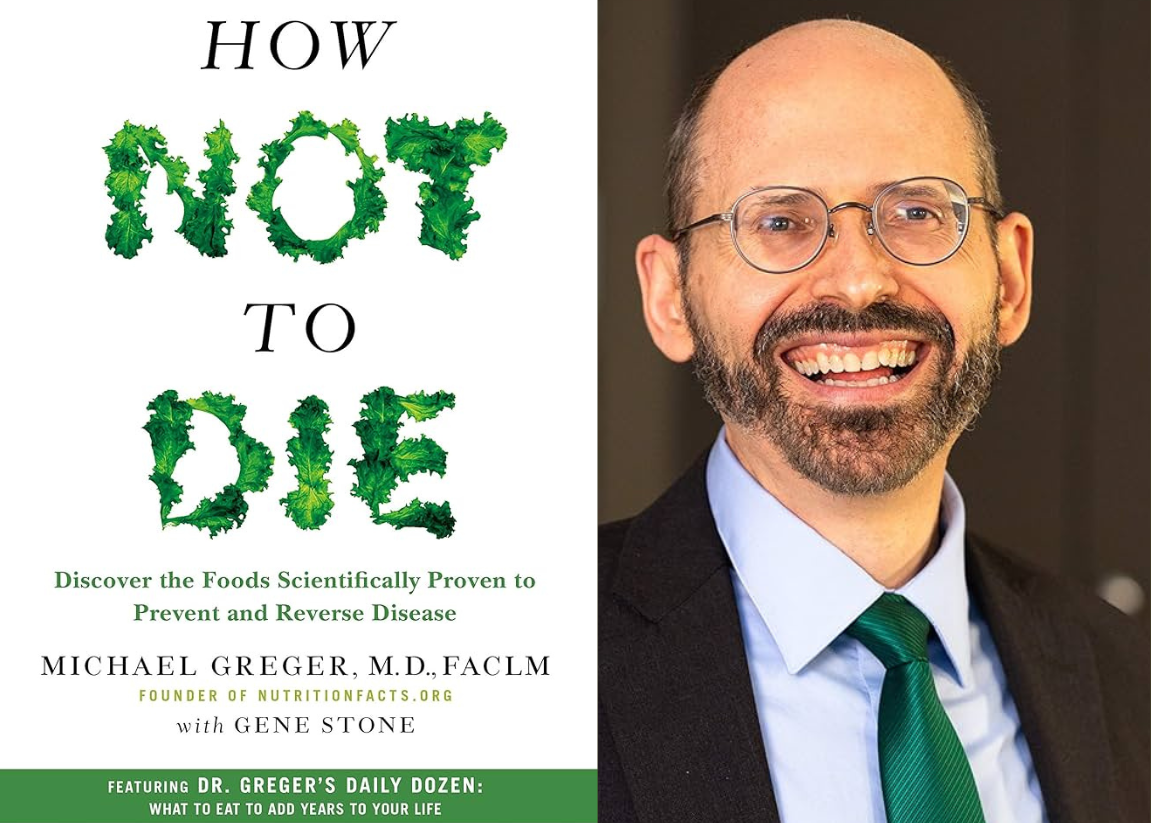EU court rules that France and other member states cannot ban “meaty” names for plant-based foods
The judge said that existing rules do enough to protect consumers, and that the process of banning plant-based companies from using “meaty” names like sausage and burger would create confusion and disruption.
Credit: LikeMeat
France and other member countries of the European Union are not permitted to ban plant-based companies from using “meaty” names to describe their products, a top European court has ruled.
At the start of this year, the French government made global headlines when it announced plans to ban meaty terms including “steak”, “filet”, and “escalope” on plant-based products.
According to the proposed law, plant-based companies in France that broke the labeling rules could face fines of up to 7,500 euros ($8,000).
But then in April, France’s top administrative court suspended the law before it could be implemented after there was “a serious doubt over the legality of such a ban”.
The suspension has remained in place until the European Union could respond as to whether the proposed ban is legal under EU law.
Now the Court of Justice of the European Union (ECJ) has this month declared that such a ban is not legal for France or any other EU member state.
Credit: LikeMeat
In its judgment on October 4, the Court of Justice found that current EU law is sufficient in adequately protecting consumers from misleading packaging claims.
Under current legislation, food labels and promotions cannot be misleading, and national authorities have the power to take action to protect customers from false claims.
The ECJ also ruled that a member state could theoretically ban the use of terms traditionally linked to animal products for plant-based foods, but only if the country has officially established a specific legal name for such products. In simplified terms, this would mean having legal definitions of descriptive terms such as “sausage” and “burger”.
But doing so would create complicated and likely messy definitions, which often depend on cultural and linguistic references and therefore would not translate well across the EU’s single market. Legal definitions of words like “butter” could then result in outlawing products like peanut butter, for example, and would lead to more confusion for consumers.
Credit: LikeMeat
With the latest legal ruling giving clarity on the legality of such legislation, the French government is expected to drop its plans for a ban.
“We now hope that the French court will take to heart what has been said about the disruption that a ban on “meaty” names for plant-based food will cause and dismiss the restriction accordingly,” said Jasmijn de Boo, CEO of ProVeg International.
ProVeg, which works with industry and governments to promote and support the plant-based food industry, says proposed bans on plant-based companies using terms like “sausage” and “nugget” are not to protect consumers, but to protect the meat industry.
“We know from supermarkets that consumers are not misled by meaty names for plant-based foods because supermarkets do not receive complaints about this”, de Boo explains. “The impetus for passing the Decree in France was clearly driven by the commercial concerns of the meat industry”.
We Have A Favor To Ask…
Species Unite amplifies well-researched solutions to some of the most abusive animal industries operating today.
At this crucial moment, with worldwide momentum for change building, it’s vital we share these animal-free solutions with the world - and we need your help.
We’re a nonprofit, and so to keep sharing these solutions, we’re relying on you - with your support, we can continue our essential work in growing a powerful community of animal advocates this year.






